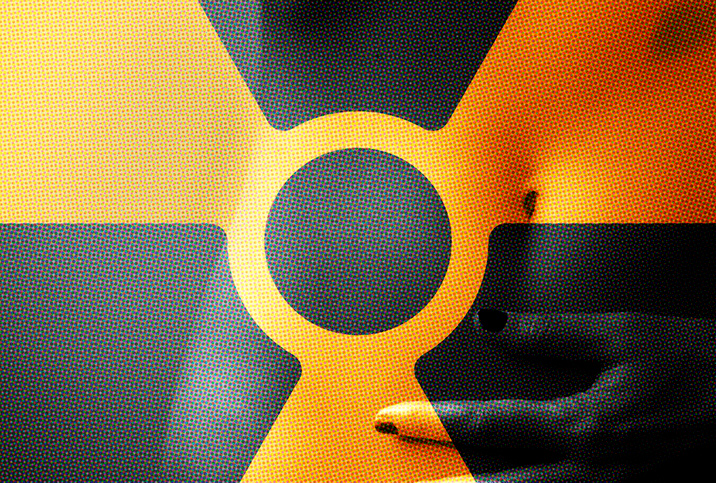Three Common Fertility Conditions You Need to Know

There are many reasons your body could be struggling to get pregnant. Three common issues include low egg quality, ovarian reserve issues and blocked fallopian tubes. Learning more about these factors can help you cope with your infertility and better understand some of the options your doctor may recommend to you.
Low egg quality
As you age, the quality of your eggs naturally begins to decline. However, other health factors, such as diet, weight and genetics, can affect the quality of your eggs. Egg quality is associated with aneuploidy (chromosomal abnormalities), which can result in birth defects or miscarriage.
Diagnosing low egg quality can be difficult because it's not a condition that has distinct symptoms. A doctor often settles on low egg quality as a cause of infertility after ruling out other possibilities.
If you have low egg quality, that doesn't mean you can't get pregnant; it simply means you may need assistance. Your doctor may recommend that you use donor eggs if there are no problems with your uterus. Low egg quality is a challenge, but it's not the end of the fertility road for you.
Ovarian reserve issues
While the quality of the eggs in your ovaries is important, the number of eggs you have available is just as critical. Your ovarian reserve is an estimate of the eggs you have left in your ovaries. As you age, the number of eggs you have decreases—dropping by about 75 percent just between birth and puberty in most cases. By age 30, you're likely down to about 10 percent of the eggs you had at birth. Of course, these figures will vary from woman to woman.
Symptoms of low ovarian reserve can include missed or late periods, heavy menstruation and a past miscarriage. There is no treatment to stop the diminishment of your ovarian reserve, but women with ovarian reserve issues often find success through assisted reproductive technology (ART).
Blocked fallopian tubes
Many people may think conception takes place in the uterus, but that's not accurate. The sperm and egg meet while the egg is in the fallopian tube. Once the egg is fertilized, the tube moves it to the uterus for implantation.
Blocked fallopian tubes mean the sperm can't come in contact with the egg and, even if they do meet, the fertilized egg can't make it to the uterus to implant and grow. Ectopic pregnancies occur when a fertilized egg gets stuck in the fallopian tube and can be life-threatening if not discovered early.
Women with blocked tubes often don't have any distinct symptoms besides struggling to get pregnant. You can develop tube blockages in a number of ways, including infections and conditions such as fibroids or endometriosis.
Your doctor may recommend surgery to remove fallopian tube blockages. Another common option is to remove your eggs so they can be fertilized in the womb. This removes the blocked fallopian tube from the equation completely.
Stay on top of fertility issues
Open lines of communication with your doctor can help you figure out which of these problems are potentially impacting your fertility. Once you understand what's going wrong, you can plan treatment options that work for you. Keep talking to your doctor, learn all you can about fertility issues and alternative options, and you'll be well on your way to parenthood before you know it.


















